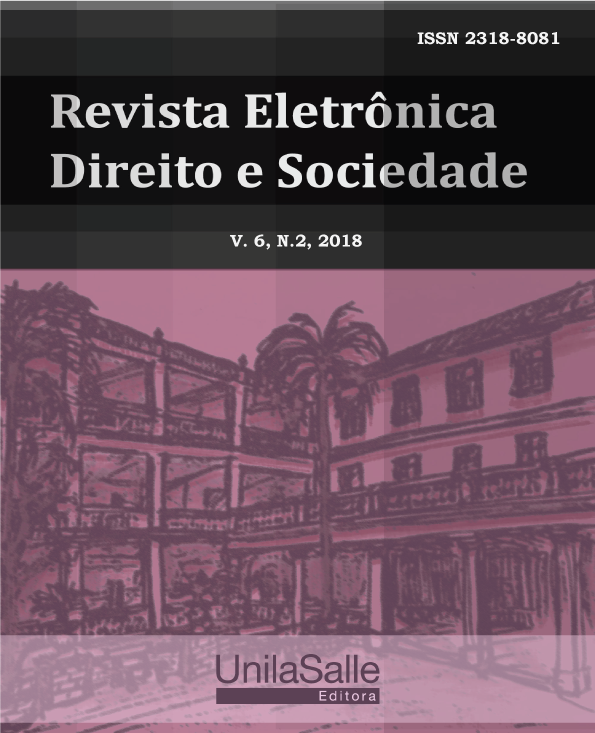Shared sentence: relationships between imprisonment, family and human rights
DOI:
https://doi.org/10.18316/redes.v6i2.3936Keywords:
Prison, Violence, Family, Human Rights, Subjectivity.Abstract
Brazilian prison system is characterized by multiple types of violence, being nationally and internationally known for its recurrent violations of human rights. In this context, the families of the convicts, especially the women, have a featured role when it comes to the affective and material support given to the convicts. In spite of that, we can see that those families are usually treated in tyrannical way by the State, being submitted to humiliation and embarrassment which are incompatible with the dignity of the human person. The aim of this article is to problematize the main violations of human rights imposed to convicts’ families, as well as the possible impacts it brings to their subjectivity.
Downloads
Published
Issue
Section
License
Authors who submit their manuscripts for publication in the “REDES” Magazine agree to the following terms:
The authors claim to be aware that they retain copyright by giving “REDES” the right to publish.
The authors declare to be aware that the work submitted will be licensed under the Creative Commons Non-Commercial Attribution License which allows article sharing with acknowledgment of authorship and publication in this journal.
The authors declare to be aware that by virtue of the articles published in this journal have free public access.
The authors declare, under the penalty of the law, that the text is unpublished and original and that they are aware that plagiarism has been identified, plagiarized authors will be informed - willingly, to take legal action in the civil and criminal sphere - and, plagiarists will have their access to the magazine blocked.
The authors state that - in case of co-authoring - all contributed significantly to the research.
Authors are obliged to provide retractions and (or) corrections of errors in case of detection.
The authors are obliged not to publish the text submitted to “REDES” in another electronic journal (or not).
The Electronic Journal Law and Society - REDES - is licensed under a Creative Commons License. Attribution-NonCommercial 4.0 International.Based on work available at "http://revistas.unilasalle.edu.br/index.php/redes/about/submissions#copyrightNotice".
Permissions in addition to those granted under this license may be available at http://creativecommons.org/.

